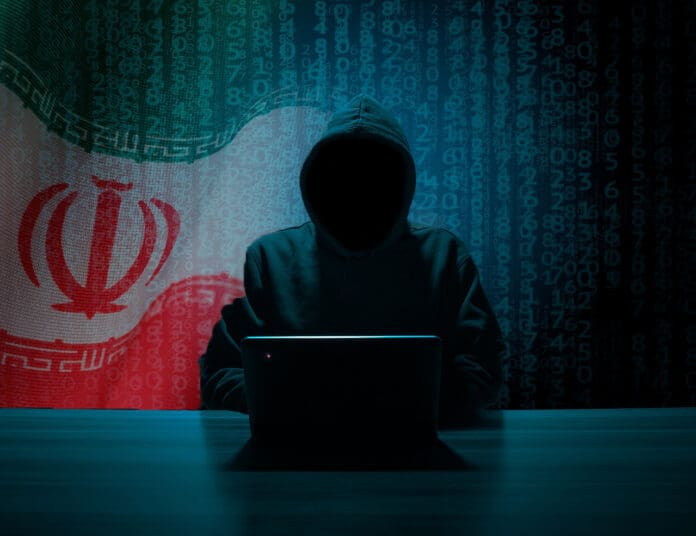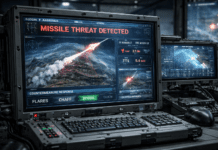This post is also available in:
 עברית (Hebrew)
עברית (Hebrew)
In the wake of Israel’s recent military campaign targeting Iranian nuclear and military assets—codenamed Operation Rising Lion—cyber activity linked to Iran and its allies has intensified, signaling a new phase in the digital conflict between the two nations.
According to Cybersecurity firm Radware, ideologically driven attacks increased following the June 13 operation. These incidents highlight the growing importance of cyberspace as a parallel battlefield, particularly in the Israel-Iran conflict, where digital operations often accompany kinetic actions.
Shortly after the operation, threat groups aligned with Iran began claiming responsibility for a range of cyber incidents. These include attempts to disrupt Israel’s public alert system (Tzofar), attacks on civilian radio networks, and even claims of takedowns of official websites, including that of the Mossad.
State-sponsored actors like APT34 (OilRig) and APT39 (Remix Kitten), long known for their association with Iran, remain active. Their operations focus on surveillance, data exfiltration, and infrastructure disruption, often targeting sensitive sectors such as energy, transportation, and communications.
Cyber operations are increasingly coupled with psychological warfare. Experts warn that AI-powered botnets and fake social media accounts are likely to be deployed in efforts to manipulate public sentiment, spread disinformation, and erode trust in national leadership. In addition, disruptive operations, such as DDoS attacks, are also likely to ensue. These tactics mirror strategies seen in earlier Iranian influence campaigns.
Israel and Iran’s cyber standoff between Israel and Iran has deep roots, with the most memorable attack being the Stuxnet operation in 2010, which is associated with Israel and aimed to disrupt Iranian nuclear centrifuges. Since then, Iran has escalated its focus on Israel in the digital domain, shifting toward persistent, multipronged campaigns.
While many of Iran’s recent cyber efforts have had limited operational success, their strategic aim appears to be psychological disruption as much as practical damage—a reminder that modern warfare is no longer confined to the physical realm. For Israeli organizations, especially those in critical infrastructure, heightened cybersecurity vigilance is more essential than ever.


























